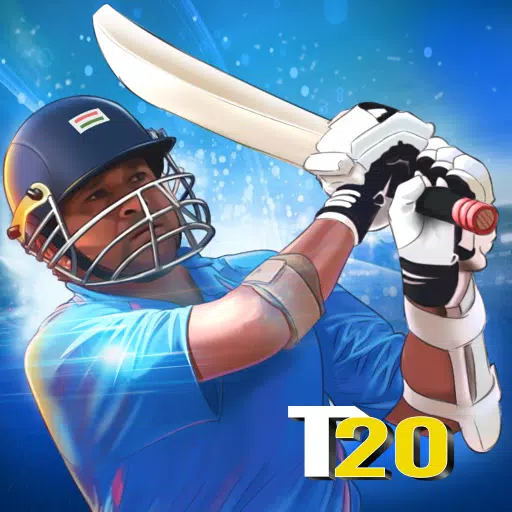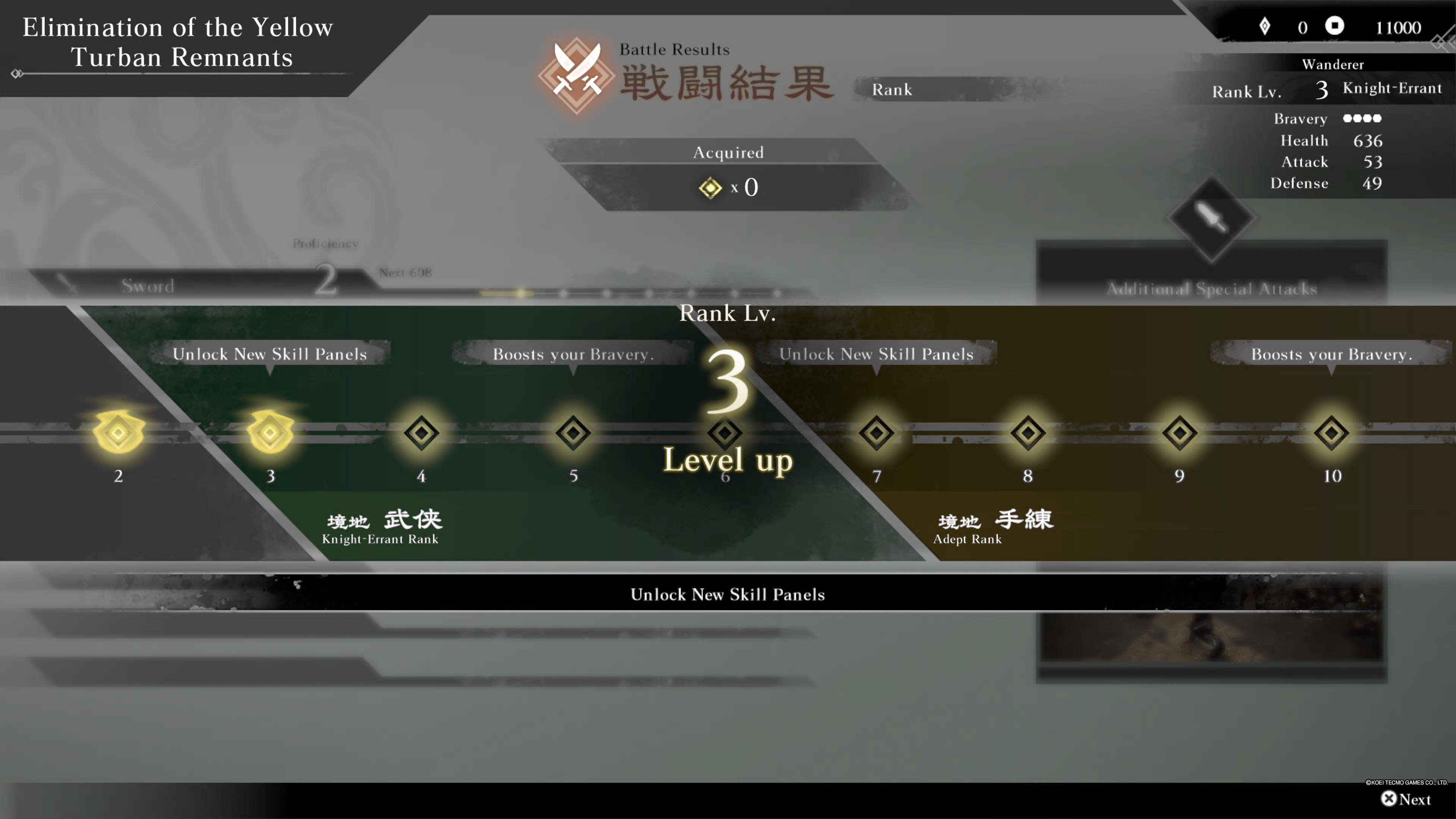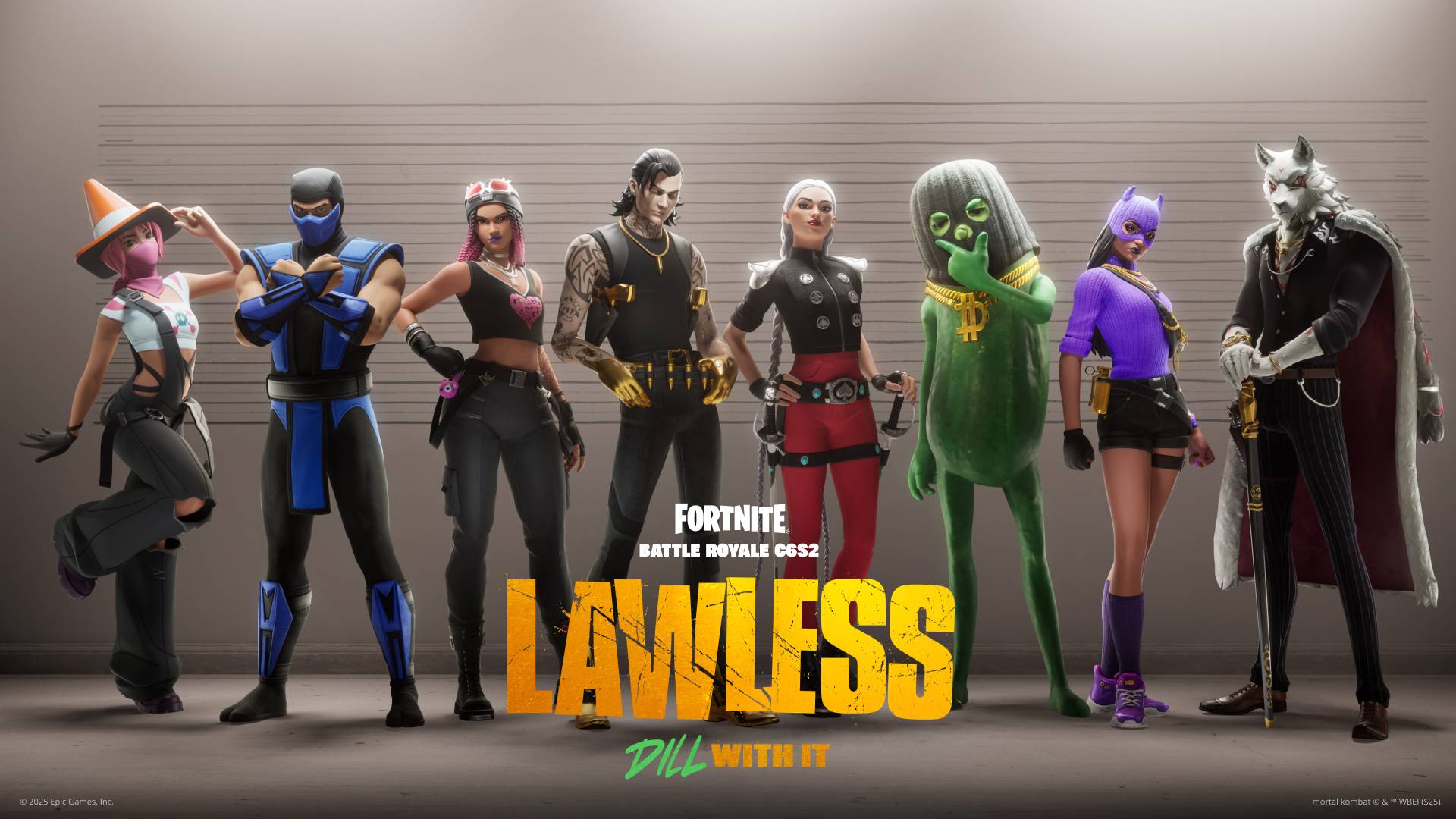EU: Reselling Digital Game Downloads Mandated

The European Union's Court of Justice has ruled that consumers within the EU can legally resell downloaded games and software, despite restrictions in End-User License Agreements (EULAs). This landmark decision, stemming from a legal dispute between UsedSoft and Oracle, hinges on the principle of copyright exhaustion. This principle dictates that once a copyright holder sells a copy and grants the user unlimited usage rights, the distribution right is exhausted, enabling resale.
This ruling affects major digital distribution platforms like Steam, GOG, and Epic Games. The original purchaser gains the right to transfer the game license, allowing a subsequent buyer to download the game from the publisher's website. The court explicitly stated that even if the EULA prohibits further transfer, the copyright holder cannot prevent resale once the initial sale has occurred. The process might involve the original owner providing a license code, losing access upon resale. However, the ruling doesn't address the practicalities of establishing a resale market, leaving several logistical questions unanswered, such as account registration transfers.
Limitations on Resale:
The seller cannot retain access to the game after resale. The court clarified that continued use after sale constitutes copyright infringement. Furthermore, while the distribution right is exhausted, the reproduction right remains. However, reproduction necessary for lawful use by the new acquirer is permitted. This includes downloading the game to use it as intended.
The ruling also explicitly excludes backup copies from resale. A separate CJEU case (Aleksandrs Ranks & Jurijs Vasilevics v. Microsoft Corp.) confirmed that lawful acquirers cannot resell backup copies of software.
In essence, the EU court has redefined the boundaries of digital ownership within the EU, granting consumers a resale right while simultaneously imposing restrictions to protect the copyright holder's reproduction rights and preventing the continued use of the software by the original purchaser after resale. The practical implementation of this ruling, however, remains a significant challenge.



























